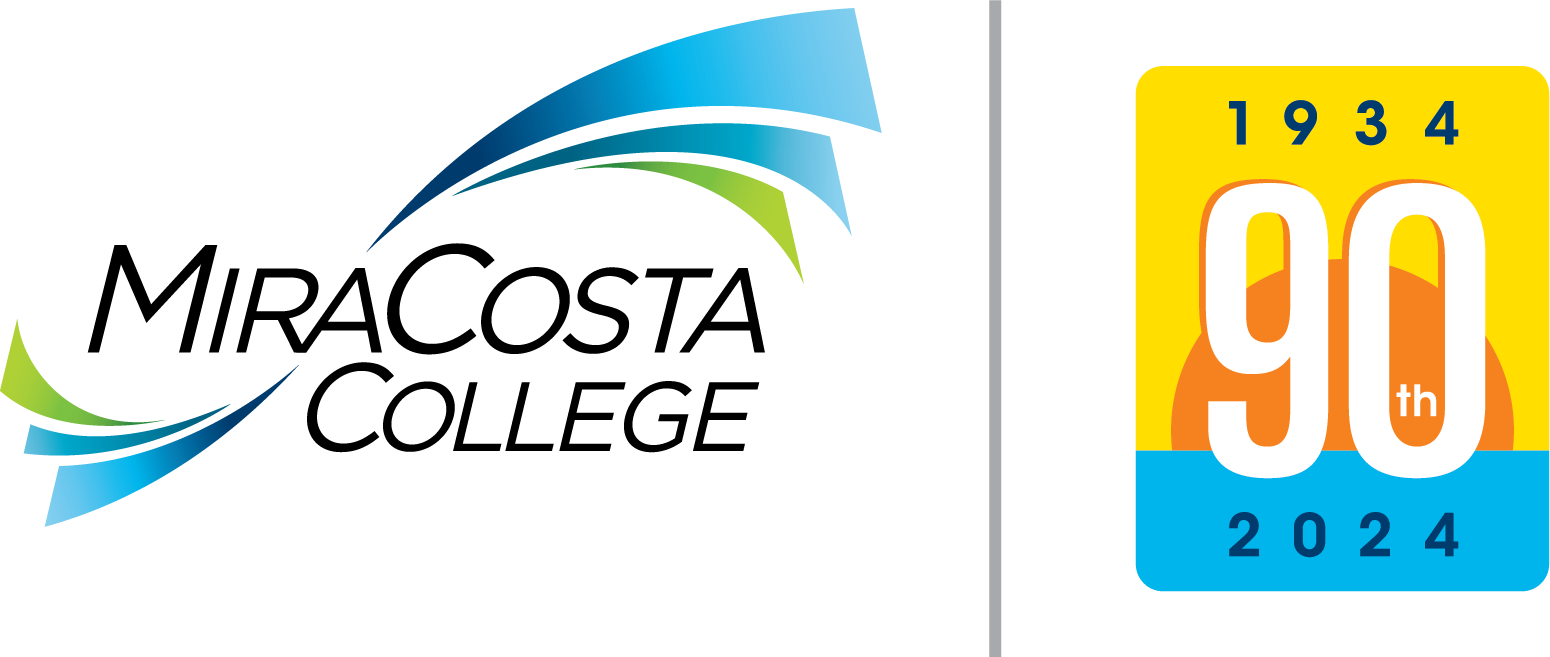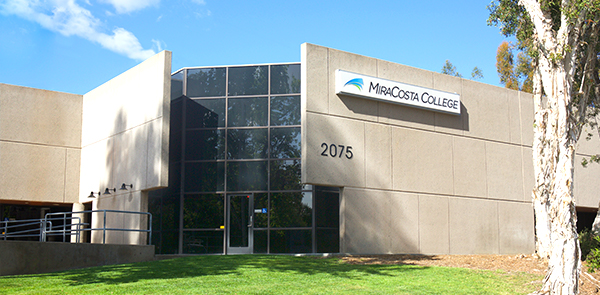What Does Disability-Related Absences and Deadline Extensions Mean?
A Guide for Implementation for Instructors and Students
The following is intended to provide guidance related to “disability-related absences” and “deadline extension” accommodations. When these accommodations are authorized by Student Accessibility Services (SAS), they will be listed on the Accommodation Form the student or SAS provides the instructor. In this guide, we outline the process and responsibilities for instructors, students, and SAS as it relates to these accommodations.
When are “disability-related absences” and “Deadline extensions” appropriate?
Generally, students are expected to follow established classroom attendance and deadline policies. However, some disabilities are episodic in nature, or present other functional limitations upon attendance and/or learning, and as a result a student may need to miss class to address their health and/or seek a deadline extension. Deadline Extensions are not intended to be utilized for every assignment or quiz/exam unless due to disability-related reasons. Instructors are not required to alter any essential elements of the course in the implementation of these accommodations and should contact SAS to discuss any concerns with these authorized accommodations.
Absences or Extended Deadlines not related to this Accommodation
This accommodation does not apply to absences or deadline extensions unrelated to a student’s disability (e.g. common illness, car trouble, vacation, etc.). Such absences or extensions should be addressed according to the syllabus. The student is responsible for following the instructor’s syllabus regarding missed deadlines and attendance related to any non-disability related matters.
What is the process?
Step 1: A SAS Counselor authorizes the accommodation(s) through the interactive process with the student.
Step 2: Each semester, the student must meet with an SAS Counselor to request this
accommodation.
Step 3: The student provides the Accommodation Form to their instructor.
Step 4: The student and instructor discuss the accommodation and its implementation.
Step 5: The instructor contacts SAS if there are questions or concerns regarding the
accommodation.
Step 6: The accommodations are in place; the student uses the accommodations as approved.
Step 7: The student contacts SAS to discuss any adjustments to the accommodation initially
authorized by SAS.
Student Responsibilities
- Initiate conversation early with the instructor. A conversation must occur between the student and instructor unless the student
is uncomfortable discussing this accommodation with their instructor. In such cases,
the student must notify SAS that they prefer a SAS Counselor discuss the accommodation
with their instructor. It is encouraged that any conversation between the student
and instructor relating their the student's accommodation occurs in a confidential
setting such as during a instructor’s office hours, a Zoom meeting, email or phone
call. If the instructor does not respond to the student within 3 business days or
72 hours, the student should contact SAS as soon as possible. A SAS Counselor will
then contact the instructor or department to encourage the instructor to arrange for
a meeting with the student or SAS can discuss the accommodation with the instructor.
- Topics the student should be prepared to discuss with the instructor during this meeting
include:
- The way in which the student will communicate a missed absence due to a disability. (e.g. phone, Canvas messaging, e-mail)
- The plan for completion of any missed class work, or quiz/exam due to a disability-related reason.
- Request for early access to discussion boards or completion of assignments early.
- Topics the student should be prepared to discuss with the instructor during this meeting
include:
- The student is still required to complete all coursework. When a student misses a class or recognizes they will not be able to meet a deadline
due to their disability, the student should notify their instructor as soon as they
are able to do so.
- If the student misses a quiz/exam or assignment due to a disability-related reason, it will be their responsibility to contact the instructor to make up the quiz/exam in a timely fashion. “Timely” is defined as “as soon as possible”.
- It is important to note that all coursework must be submitted by the last day of the semester unless arrangement has been made to allowed for additional time to submit work. If not possible due to disability-related reasons, the student should contact SAS right away and notify the instructor.
- Deadline extensions are to be used only when necessary and should not be viewed as automatic for every assignment or quiz/exam.
- Extenuating Circumstances: There may be occasions where the deadline extension may need to exceed the initial amount of time authorized and listed on the Accommodation Form. If this need arises due to functional limitations posed by the disability, the student is responsible for contacting SAS to schedule a time to meet with a SAS Counselor to engage in an interactive discussion and determine if additional time may be warranted. Following the meeting, the SAS Counselor will contact the instructor and cc the student, to verify/approve additional time, or to recommend another outcome or next step. It may be necessary for the student, instructor and SAS Counselor to meet together to discuss extending the initial amount of time authorized and develop a plan of action.
instructor Responsibilities
- Be available to discuss the accommodation with the student in a confidential setting in person, via phone, or via zoom. Respond to the student within 3 business days or 72 hours for the initial meeting.
- Determine how essential attendance/deadlines are to the course. If the accommodations authorized by SAS conflict with mandatory deadlines or attendance
requirements, contact SAS to discuss prior to denying the accommodation.
- A non-exhaustive list of considerations is below:
- Is attendance, late work and missed exam policies applied consistently? For example, are there exceptions to a policy made for extenuating circumstances, such as issues related to childcare, transportation, athletic travel, or religious observation?
- Does the design of the course rely on student participation (e.g., attendance and/or assignment/project contributions) as a significant method for learning? Is completion and grading of assignments required before students can have access to the next set of course materials, concepts or assignments? Are there alternatives for students unable to participate due to extenuating circumstances?
- To what degree does a student’s failure to attend class or complete an assignment or quiz/exam on time compromise the educational experience of other students in the class?
- If learning and/or instruction for the course is dependent upon all students submitting assignments/exams by specific deadlines, are there alternate options that can be utilized to allow for instruction or review of graded material? Can the student be provided early access to instructional material?
- A non-exhaustive list of considerations is below:
- Contact SAS if absences become excessive or there are other concerns. The instructor should contact SAS to help address the concern and explore options should absences become overly frequent.
Student Accessibility Services (SAS) Responsibilities
- Authorize or update this accommodation only when appropriate following a thorough review of documentation and interactive discussion with the student.
- Authorize the number of days for assignment extensions. For example, “up to 24 hours”, “up to 48 hours”, “up to 72 hours”. Additional time beyond these examples can be considered on an individualized, case-by-case and course-by-course basis.
- Provide students with guidelines and information about their rights and responsibilities.
- Aid instructors in determining how to implement this accommodation in the class, upon request.
- Provide support to students and instructors when questions or difficulties arise related to these accommodations, upon request.





